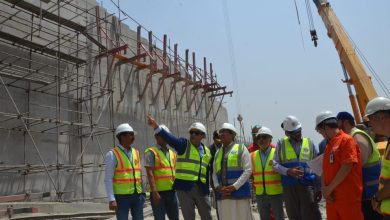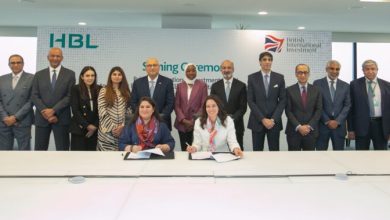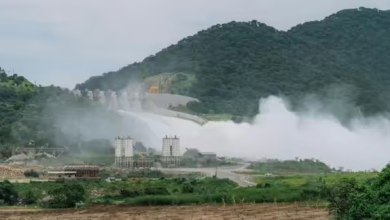Dhaka Seeks 50-Year Masterplan from Beijing for Water Management: Learning from China’s Expertise
Dhaka seeks a 50-year water management masterplan from Beijing, highlighting China's expertise as a 'master of water management' to solve Bangladesh's water-related challenges.
Bangladesh, a riverine nation grappling with complex water management issues, has turned to China for guidance. Describing China as the ‘master of water management,’ Chief Adviser Professor Muhammad Yunus recently urged Beijing to provide a 50-year masterplan for water management in Bangladesh. His appeal was made during a high-profile meeting with Li Guoying, China’s Water Resources Minister, in Beijing on March 28.
Bangladesh’s Appeal for a Comprehensive Masterplan
During the meeting held at a state guest house in Beijing, Professor Yunus praised China’s remarkable achievements in water and flood management. Highlighting the similarities between the two countries’ challenges, he emphasized the need for collaboration to address Bangladesh’s intricate water issues.
“We have the same problem that you have. So, we’ll be happy if you share your experiences,” Professor Yunus remarked, underscoring the urgency of learning from China’s advanced water management systems.
The Chief Adviser highlighted the adverse impact of unplanned riverbank developments, increased siltation, and population growth on Bangladesh’s water system. He specifically mentioned the Teesta River System and the polluted waters surrounding Dhaka as priority areas requiring immediate intervention.
China’s Response: A Shared Vision for Water Management
Li Guoying, China’s Water Resources Minister, acknowledged the shared challenges faced by both countries. He expressed China’s willingness to offer technical support and expertise to help Bangladesh tackle its water-related concerns.
“To manage water is a key management issue for Bangladesh; China is facing similar challenges,” Li Guoying stated.
He also mentioned that President Xi Jinping’s visionary masterplan has helped China overcome various water management challenges and offered Bangladesh the opportunity to benefit from China’s accumulated knowledge and strategies.
Why Bangladesh Needs a 50-Year Masterplan
Bangladesh’s water management system is complex and multifaceted, involving:
- A vast network of rivers crisscrossing the country.
- Flood-prone plains accommodating 85% of the population.
- Problems arising from rapid urbanization and industrialization.
- Environmental concerns related to polluted river systems.
A comprehensive 50-year masterplan from China could provide Bangladesh with a roadmap to:
- Improve flood control mechanisms.
- Develop sustainable river management systems.
- Enhance pollution control strategies for urban water bodies.
- Mitigate the adverse effects of siltation and riverbank erosion.
Learning from China’s Water Management Success
China’s expertise in managing some of the world’s most complex river systems has established it as a global leader in water management. The country’s extensive experience includes:
- Implementing massive river diversion projects.
- Building advanced flood control infrastructures.
- Utilizing cutting-edge technologies for water purification and distribution.
- Developing policies that integrate environmental conservation with economic growth.
Potential Benefits of Collaboration
By partnering with China, Bangladesh stands to gain:
- Access to advanced technological solutions for water management.
- Expert guidance on long-term planning for flood and river management.
- Insights into policy-making frameworks that balance environmental sustainability and economic development.
Conclusion
Professor Yunus’s call for a 50-year masterplan from China underscores the urgency of developing a sustainable water management strategy for Bangladesh. As the two nations share similar challenges, this collaboration could prove pivotal for addressing Bangladesh’s water-related issues. By learning from China’s innovative approaches, Bangladesh may pave the way toward a resilient and sustainable future.







